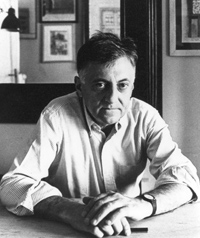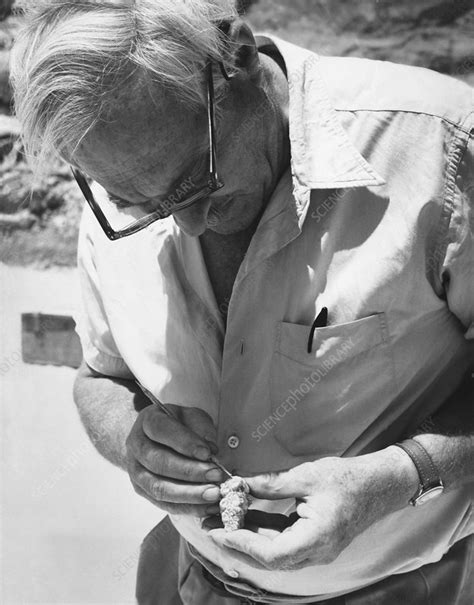A Quote by Haruki Murakami
Our memory is made up of our individual memories and our collective memories. The two are intimately linked. And history is our collective memory. If our collective memory is taken from us - is rewritten - we lose the ability to sustain our true selves.
Related Quotes
I want my work to become part of our visual history, to enter our collective memory and our collective conscience. I hope it will serve to remind us that history's deepest tragedies concern not the great protagonists who set events in motion but the countless ordinary people who are caught up in those events and torn apart by their remorseless fury. I have been a witness, and these pictures are my testimony. The events I have recorded should not be forgotten and must not be repeated.
We don’t constrain our mental powers when we store new long-term memories. We strengthen them. With each expansion of our memory comes an enlargement of our intelligence. The Web provides a convenient and compelling supplement to personal memory - but when we start using the Web as a substitute for personal memory, by bypassing the inner processes of consolidation, we risk emptying our minds of their riches.
Science and Technology revolutionize our lives, but memory, tradition and myth frame our response. Expelled from individual consciousness by the rush of change, history finds its revenge by stamping the collective unconscious with habits, values, expectations, dreams. The dialectic between past and future will continue to form our lives.
It is true that one of the first acts of tyrants is to erase history, to wipe out the recorded memory of a people. With that in mind, it's important to remember that the work that we do as writers, artists and performers will form an essential part of the collective memory that future generations will draw upon. And so we owe it to those future generations to defend that memory and be honest witnesses to our times.
We're all just a bundle of habits shaped by our memories. And to the extent that we control our lives, we do so by gradually altering those habits, which is to say the networks of our memory. No lasting joke, or invention, or insight, or work of art was ever produced by an external memory. Not yet, at least.
Memory is slippery. It bends to our understanding of the world, twists to accommodate our prejudices. It is unreliable. Witnesses seldom remember the same things. They identify the wrong people. They give us the details of events that never happened. Memory is slippery, but my memories suddenly feel slipperier.




































